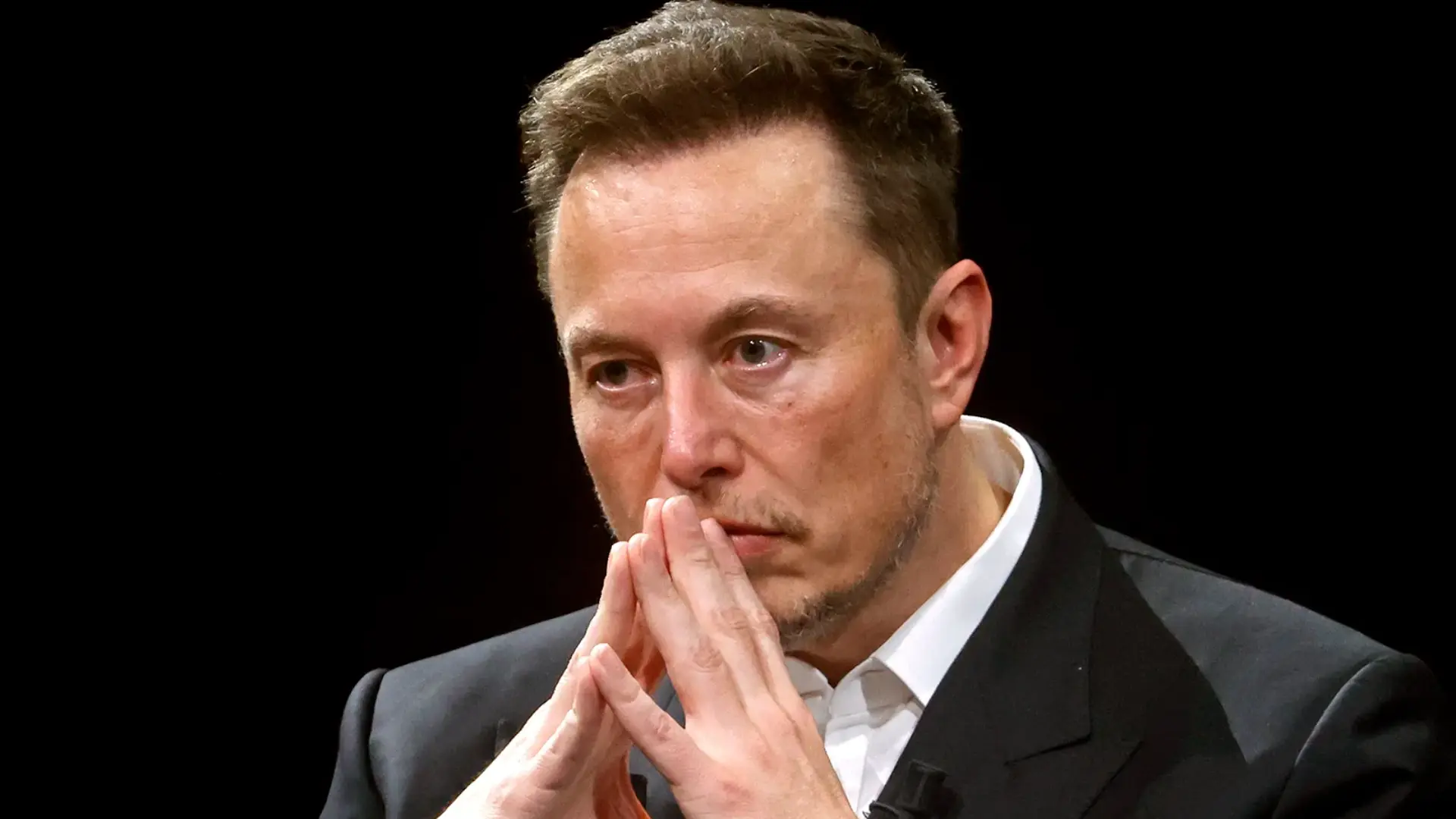In a bold move that has raised eyebrows across Europe, U.S. billionaire Elon Musk has voiced his support for Germany’s far-right political party, Alternative for Germany (AfD). In a guest opinion piece published in Welt am Sonntag, Musk described the AfD as Germany’s “last hope,” praising the party’s anti-establishment, anti-immigrant stance, as well as its approach to market deregulation and lower taxes.
The comments have sparked significant backlash, with Germany’s Vice Chancellor Robert Habeck condemning Musk’s endorsement as a calculated strategy to weaken Europe’s regulatory framework. In his New Year’s address, Habeck, a prominent figure from the Green Party and a candidate for Chancellor in the upcoming February elections, argued that Musk’s support of AfD aligns with a larger goal of fostering a “weak Europe.”
Habeck emphasized that Musk’s actions were not driven by ignorance, but rather by a “logical and systematic” approach. He suggested that the billionaire’s backing of the AfD is part of a broader strategy to empower those who aim to dismantle Europe’s regulatory systems. According to Habeck, a weak Europe is preferable to powerful regulation, which Musk and others in his circle view as a barrier to their influence and economic dominance.
Musk’s political history and affiliations further fuel concerns about his intentions. The world’s richest person has previously spent significant sums supporting political candidates in the U.S., including a $250 million investment in backing former President Donald Trump. Musk also served as a special adviser to Trump, tasked with helping to trim the federal budget. His ties to right-wing political movements in the U.S. and now in Europe raise questions about his broader geopolitical goals.
The German government has accused Musk of attempting to interfere in the country’s upcoming national elections. The timing of Musk’s opinion piece, which came shortly before the elections, has only heightened suspicions about his motives. The piece was controversial enough to prompt the resignation of the Welt am Sonntag commentary editor, further fueling the political debate surrounding Musk’s influence.
Musk’s praise for the AfD’s deregulation agenda echoes his broader stance on regulation, which has often been at odds with environmentalists and critics of his business practices. By endorsing a political party that advocates for a reduction in government oversight, Musk appears to be aligning himself with forces that favor a more laissez-faire economic approach, where market forces and corporate interests are allowed to operate with minimal governmental intervention.
This situation also highlights the growing tension in Europe between populist movements and the political establishment. The AfD’s rise, fueled by nationalist rhetoric and opposition to immigration, is seen by many as part of a larger global shift toward far-right politics, with leaders like Musk playing an influential role in shaping the discourse.
For now, the impact of Musk’s endorsement remains to be seen. However, the broader implications for Europe’s regulatory future are clear. As Europe faces increasing challenges from both internal political forces and external economic pressures, the battle for the continent’s future will likely hinge on the strength of its regulatory frameworks. Musk’s push for a weaker Europe could have far-reaching consequences, not only for Germany but for the entire European Union.
As the political landscape in Germany and across Europe continues to evolve, the interplay between powerful business magnates like Musk and the political establishment will shape the direction of future policies—potentially altering the regulatory landscape that has long defined Europe’s strength in the global economy.
Elon Musk’s backing of Germany’s AfD is more than just a political endorsement; it’s part of a broader strategy to reshape Europe’s regulatory environment. As global tensions rise and political divides deepen, Musk’s influence could play a pivotal role in the continent’s future. The question remains: will a weaker Europe benefit global business moguls, or will it lead to unforeseen consequences for the region’s political and economic stability?
ALSO READ: Jimmy Carter To Be Honored With Washington Funeral, Final Resting Place In Georgia




